Habit creates the appearance of justice; progress has no greater enemy than habit
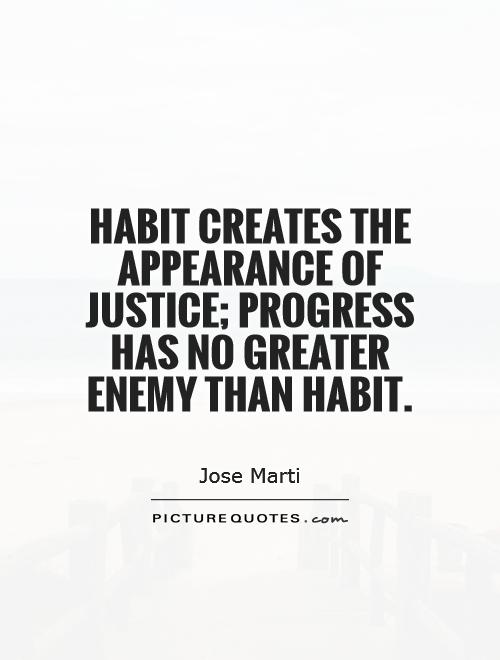
Habit creates the appearance of justice; progress has no greater enemy than habit
José Martí, a Cuban poet, writer, and revolutionary, understood the power of habit and its impact on progress. His words, "Habit creates the appearance of justice; progress has no greater enemy than habit," resonate deeply in the context of his life and work.Martí believed that habit could blind people to injustice and prevent them from seeking change. He saw how the entrenched habits of colonialism and oppression in Cuba had created a false sense of justice for the ruling powers. The Spanish colonial government had long been in control of the island, and the habits of exploitation and discrimination had become ingrained in society. Martí knew that breaking these habits would be essential for progress to occur.
For Martí, progress was not just about political change but also about social and cultural transformation. He believed that true progress could only be achieved by breaking free from the constraints of habit and embracing new ways of thinking and being. This required a willingness to challenge the status quo and to question the norms and values that had been imposed by those in power.
Martí himself embodied this spirit of progress. He was a tireless advocate for Cuban independence and a fierce critic of colonial rule. He used his writing to challenge the habits of oppression and to inspire his fellow Cubans to fight for their freedom. Martí's famous essay, "Nuestra América," called for a new vision of Latin American identity that rejected the old habits of colonialism and embraced a spirit of unity and solidarity.

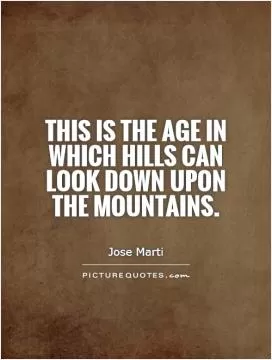


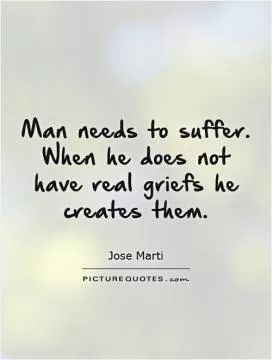
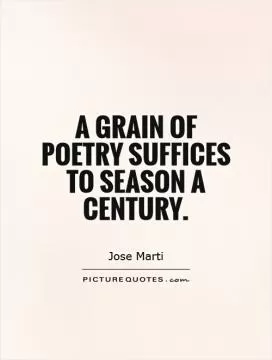


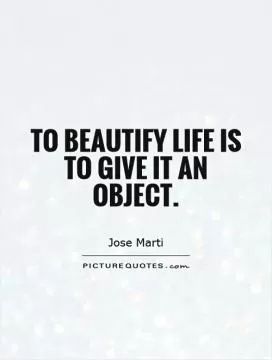



 Friendship Quotes
Friendship Quotes Love Quotes
Love Quotes Life Quotes
Life Quotes Funny Quotes
Funny Quotes Motivational Quotes
Motivational Quotes Inspirational Quotes
Inspirational Quotes